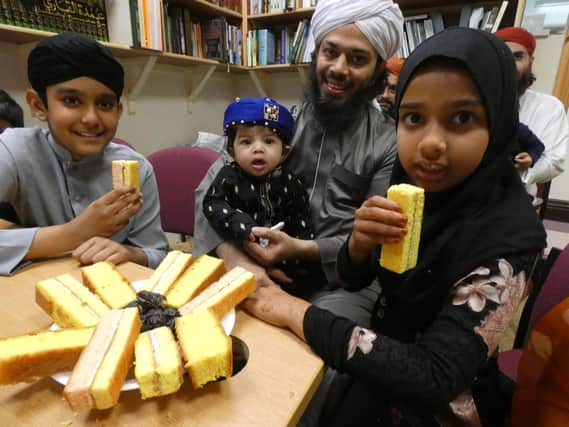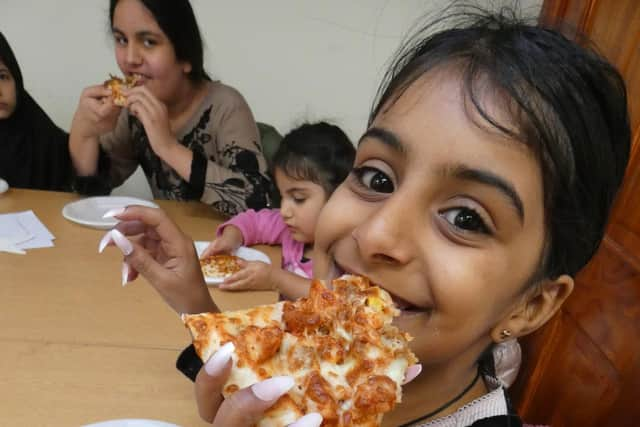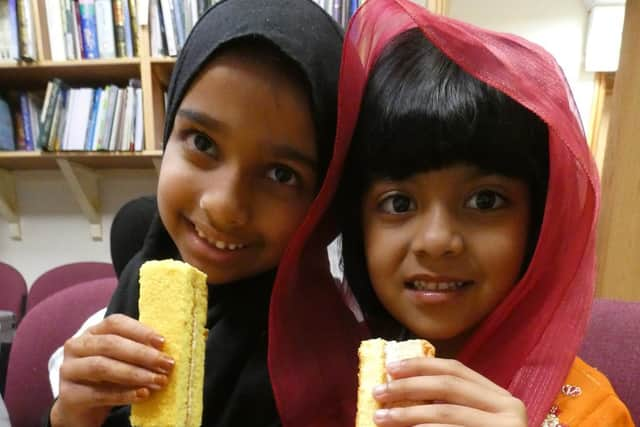Extra special celebrations in North Kirklees as Eid coincides with lockdown lifting


This year’s Eid celebrations were extra-special for many families as the week coincided with the lifting of all remaining Covid lockdown restrictions across the country.
Children were able to get together with their grandparents to enjoy tasty, mouth-watering Indian cuisine, cream cakes and ice cream, as well as spicy pizza, for the first time in nearly 16 months.
Advertisement
Hide AdAdvertisement
Hide AdThe Islamic festival of Eid-Ul-Adha usually lasts for three days. It is celebrated by Muslims to remember Abraham’s deep obedience to the Lord God - and his willingness to even sacrifice his own son Ishmael upon God’s command. It was a test of his faith and instead the Lord sent a ram from Heaven which was sacrificed.


Mosques throughout Kirklees were busy getting ready for the festivities. Maddrassah classes were closed last week as part of Eid-Ul-Adha holidays for the children.
Senior Muslim Scholar of Kirklees, Mufti Shams-Ul-Huda Khan Misbahi, said: “Eid-Ul-Adha reminds Muslims about the story of prophet Abraham’s sacrifice. But the festival also reminds Muslims to think of sacrifice in its much wider form.
"It teaches Muslims to go that extra mile by looking after others in our neighbourhoods.
Advertisement
Hide AdAdvertisement
Hide Ad“We have all been created by the same God, and we are all part of the same human family.


“We share the same planet, we breathe the same air, and we tend to face the same challenges.
"The Covid-19 pandemic has made this reality more clearer than ever before, and it’s important for all of us to sacrifice at least some time from our busy lives just be there for each other.”
The festival of Eid-Ul-Adha takes place in the Muslim calendar’s month of Zil-Hajj, which is the 12th and final one before the start of the new Islamic year.
Advertisement
Hide AdAdvertisement
Hide AdEid-Ul-Adha also signals the time when a large number of Muslims from across the globe begin their sacred Hajj pilgrimage to the holy sites of Mecca and Medina in Saudi Arabia.
An important aspect in this sacred pilgrimage, besides praying at the main religious sites, is to practice Abraham’s ritual of sacrificing a camel, cow, goat, or a sheep. A butcher working in Saudi Arabia, or in another developing country, is paid to perform the ritual.
Meat from the sacrifice is then given out free to those who are poor, or starving, or on low incomes.
Others who get the meat are people affected by famine or natural disasters.